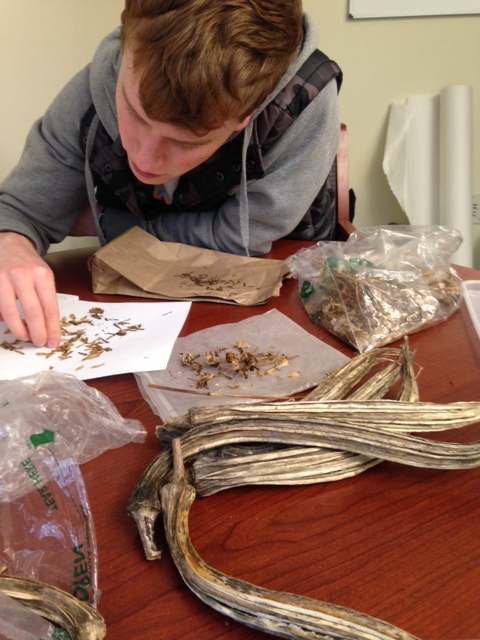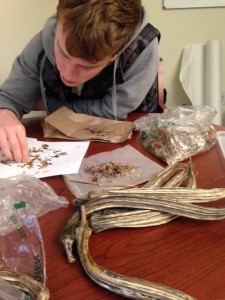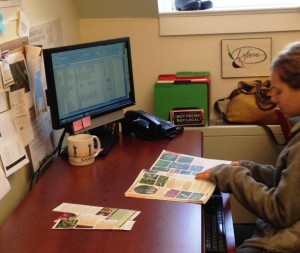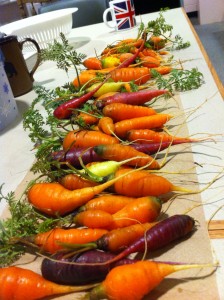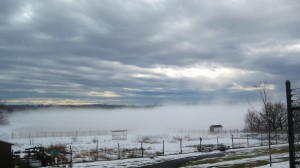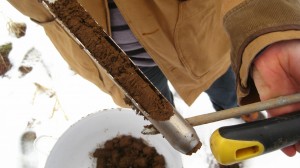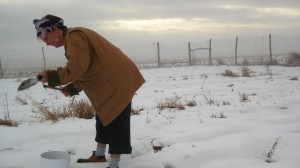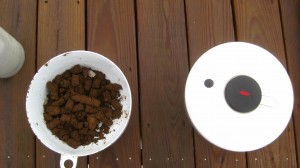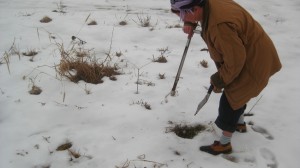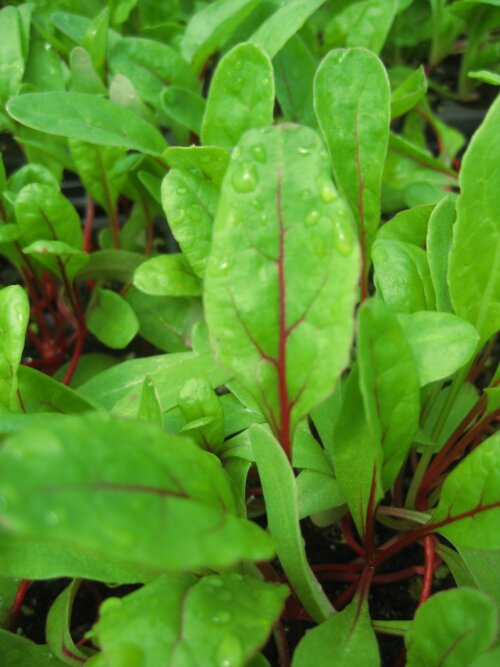“Nature, to be commanded, must be obeyed.”
–Francis Bacon
Well, spring is here…but alas the farm work is still mostly being done inside.
We must work with a force so great as nature, and oh there is work to be done at LaFarm… even if we are stuck in the office as we wait for it to dry out and warm up out at our Metzgar Fields farm.
Our great Lafayette College volunteers Ben & Julia were hard at work today. Ben was saving seeds from last years ‘Bling Bling’ Cosmos, Organic Burgundy Okra, and ‘Bishops Children’ Dahlia.
Julia was busy inputting information in our AgSquared crop management database about the average number of seeds per ounce for specific crops. These numbers are used to calculate our total seed order needs for the year so that LaFarm can grow as much fresh produce for the Lafayette College as possible.
Last year we grew over 1 ton of produce on our tiny but might 1/2 acre production garden. Go LAF!
